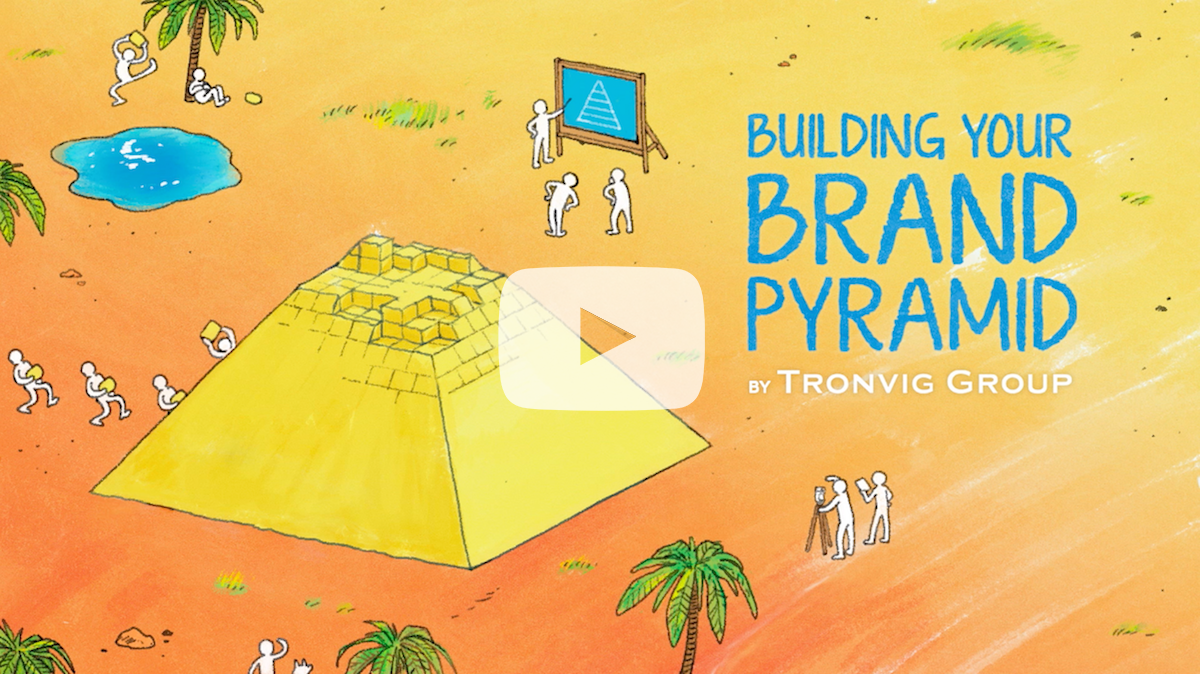Are your competitors stealing your ideas? Should you care?

Here is the question:
It has come to my attention that there is another business taking language and programming ideas from my website, and running a similar program nearby. Customers I know have gone to both programs and report that my service is far superior. But despite this, I am wondering if my programs have proprietary elements and can be protected. I am considering an IP lawyer, and I am also considering letting my corporate partners know about what is happening as it infringes on their copyrights as well.
Before I go into a knee-jerk reactive-place, I’d love to hear your thoughts.
Competition can serve as a force for good. It can force you to do better.
If you read this blog you may have noticed that we serially and habitually reveal our process and service devices to anyone bothering to pay attention. We actually give our intellectual property away for free to those who cannot afford to pay for us to administer it. This is by design. A local nonprofit for whom we recently did a Discovery Session to help start them in the right direction wrote us this lovely note:
We actually give our intellectual property away for free to those who cannot afford to pay for us to administer it. This is by design.
“You may not have realized it at the time, but your intervention was a game-changer.
We’re going to convene another session … where we’ll reprise the work we did with you, explore some brand ideas, and discuss how we can use our insights to inform and energize our activities going forward.
Because of your generosity, including your willingness to share so many of your ideas on your blog, I feel confident enough to try to facilitate the follow-up session.”
We feel secure in the quality of our process and the tools we have developed to support it. If a small nonprofit or local business cannot afford to pay for our services, we are happy to let them use the tools for free. Larger organizations, who are our primary clients, are rarely interested in self-medicating (because it’s really hard), so for them it makes much more sense to pay for our professional assistance. I think this is how it should be.
Is this approach applicable for Jocelyn and her small business, or for you and yours? It’s an interesting question.
Peter Drucker, in his 1985 classic, Innovation and Entrepreneurship astutely points out that “all strategies aimed at exploiting an innovation, must achieve leadership within a given environment. Otherwise, they will simply create an opportunity for the competition.”
Should I care if others are stealing my ideas?
If you are the best at what you do, I have to wonder how productive it is for you to concern yourself with the activities of your would-be imitators.
If you are the best at what you do, or the best in your niche, and if you are confident of your leadership, and you sell a service and not a product, I have to wonder how productive it is for you—or any such small business or nonprofit to concern yourself (except in passing) with the activities of your would-be imitators. If a small nonprofit or local business cannot afford to pay for our services, we are happy to let them use the tools for free. I believe that far greater benefits will be derived from persistent and continual effort toward self-improvement. In so doing you will be contributing more to the important business of holding and extending your leadership position. I can see many situations, like Jocelyn’s, where it is best to just let your imitators flail in the chop of your wake.
Your intellectual property is important, but how effectively you deliver value to the world (and to your clients) is ultimately far more important.
As a service business, your intellectual property is important, but how effectively you deliver value to the world (and to your clients) is ultimately far more important.
That said, as Peter Drucker suggests, there may also be a point in the development of your business when the situation turns, when it is necessary to protect your interests and defend your intellectual property like a homesteader on the porch with a shotgun across her lap. This moment is likely the transition from selling a service into selling a product, or of growing from being a single-location business into a multi-location regional or national one. For Jocelyn, I do not yet think such time is nigh, but the questions remain:
If your business imitators are behaving such that a reasonable consumer would confuse their business for yours, this becomes a brand problem.
Where are you in the evolution of your business? And what is the exact nature of the threat that was brought to your attention?
If your imitators are actually copying from you and not just trying to use your ideas, or if another company is literally pulling language or other assets directly from your website and selling them as their own, then you probably have to do something. If they are just borrowing your ideas—learning from you—there is probably very little you can do, except to keep getting better. And maybe they will borrow something of yours, and with it, make an innovation that you can borrow back and use to push even further ahead …

It is another matter entirely if your competitor is causing consumer confusion. If your competitor’s offer is so similar to yours that the two can easily be confused in people’s minds, then the fact that they deliver an inferior product or service is actually detrimental to your brand. This is why, when a local entrepreneur opened an establishment to sell prepared South Asian food—including chicken—in my neighborhood, and they put out a big green sign emblazoned with “Kentucky Fried Chicken,” they were quickly forced to cease and desist. (They then tried “Kantacky Fried Chicken” but the lawyers put a stop to that too.) A big green Kentucky Fried Chicken sign was a detriment to the real red, black and white KFC franchisee then opening across the street. So, if your business imitators are behaving such that a reasonable consumer would confuse their business for yours, this becomes a brand problem that you need to sort out.
I think Jocelyn is still in a position where she should devote her time and attention to making sure her offer remains the best of its kind, keeping and extending her niche leadership position. In her case, this should suffice, but if customers and prospects begin to confuse her company with that of the upstart, she may need to take action. Perhaps the first action though is not legal, but rather to improve her own company’s branding and marketing message.
Competition can serve as a force for good. It can force you to do better.
Just to muddy the waters a bit more, there is also the real possibility, that an inferior product can win the hearts and minds of consumers by carrying out a superior branding and marketing strategy. This is why many businesses—even those with great products—sometimes fail. Just a reminder, there is no substantial difference between the products sold by Burger King and McDonald’s, and yet McDonald’s does better to the tune of 27 billion dollars a year. Why? Read my thesis here.
I propose the following exercise to determine if your competitor’s offer represents a real threat to your business, or if they are just a bump on your path to domination. Take the time to research their offer, read their website, buy their service, or try it out if you can. Then construct a Brand Pyramid for your offer and another one for theirs. Put the two pyramids side by side. What do you see? Is there significant overlap especially at level 2 and 5? Is the top of each pyramid essentially the same thing? If so, you do have the makings of a brand problem, and thus a business problem, and you probably should consider how to differentiate more effectively without losing your essence … or you may need to get a shotgun.
Do you need an affordable way to improve your brand today?
Because we know that not everyone needs or can afford our full process, we created a guided tutorial package for our foundational brand strategy tool: the Brand Pyramid. Watch the video for a preview.
For more information on the brand strategy tutorial, visit here where you will find a fuller explanation and link to a free download of the first video.



James’ advice – both when we spoke, and then later in this article, was really invaluable. It is clearly so much more productive to operate from a place of knowledge (ie the Branding Pyramid) and thereby confidence. Competition is healthy and this whole experience has me protecting the material (name, logo, slogan) that I really wouldn’t want imitated. But I’m also charged up in a way about the business that I haven’t been since I first started – invigorated to get my staff on retreats, write articles for parents about this work, and get more video footage of some of the inimitable things that distinguish Child’s Play NY! Thank you James!!